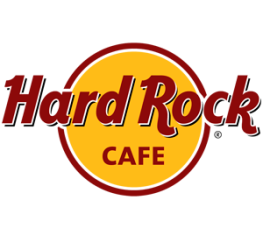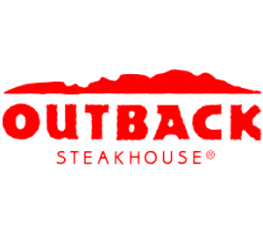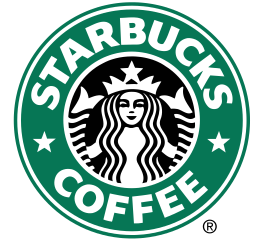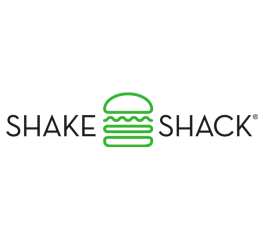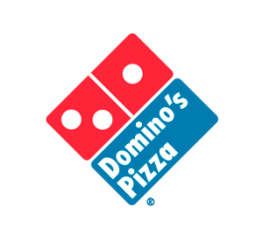Dunkin' Donuts restaurants history
How the restaurant DUNKIN' DONUTS was created
He had seven years of education and the American belief that anyone can do business. He built his own on donuts and coffee. When the Dunkin' Donuts empire began to bring in billions, its founder, William Rosenberg, left for the village, became the largest horse breeder in the United States, and wrote a bestseller before his death at 85 years old.He had seven years of education and the American belief that anyone can do business. He built his own on donuts and coffee. When the Dunkin' Donuts empire began to bring in billions, its founder, William Rosenberg, left for the village, became the largest horse breeder in the United States, and wrote a bestseller before his death at 85 years old.
William Rosenberg was born on June 10, 1916, into a family of Jewish immigrants from Eastern Europe. His father owned a small grocery store, and his mother was a housewife and raised four children. The Rosenbergs lived in the working class district of Boston and were almost the only Jewish family in the entire area. Their neighbors, simple hard workers, despised Jews, and the quiet, modest Billy often got sick of the local boys. His father's business, in its best years, barely kept afloat, and during the Great Depression it stopped generating income altogether. It was then, without even completing the eighth grade, 14-year-old Billy dropped out of school to help the family.
The boy worked as a shoe shiner, cleared snow and did small errands. Even then, he deduced the main rule for himself: "The client is your boss." “I brought home $ 20 to $ 40 a week. The faster and better I did the job, the more tip I got. Then I realized that there is nothing easier than making money - you just need to understand what they want from you, ”Rosenberg said. A couple of years later, the young man got a job as a messenger at Western Union and began working as a milk delivery man at HP Hood. He had practically no free time, but Billy found ways to make money, literally out of thin air. So, on one hot summer day, he brought a block of ice to the racetrack and sold ice crumbs at 10 cents per serving. For the ice, which he got for free, Rosenberg rescued $ 170.
The guy's ability to work did not go unnoticed - soon the punctual courier was invited to work in a company that sold ice cream from vans. But he didn't have to sit behind the wheel and deliver the treat for a long time - after a few years, Billy moved to the office and became a sales manager. “Hard work always pays off,” Rosenberg said. - I think that an entrepreneur does not create a business, but builds an organization. She, in turn, builds a business. As a result, it turns out that the owner is a leader, but success depends on the rank and file employees. "
The idea to start his own business came to William during World War II, when he worked as an electrician for the shipbuilding company Bethlehem Shipbuilding. Every day, Rosenberg watched workers buy food in vans at lunchtime and wondered if the business could be made more profitable. As a result, in 1946, with financial support from relatives, he opened the company Industrial Luncheon Services. At first, Billy only had one van, but sales were so good that by 1948 he owned two hundred cars that even had a small kitchen. “Looking at the traders selling food from dirty trucks, I thought that if they succeed, then I will definitely do just as well. One has only to invest in modernization and make vans more attractive to customers, ”said Rosenberg.
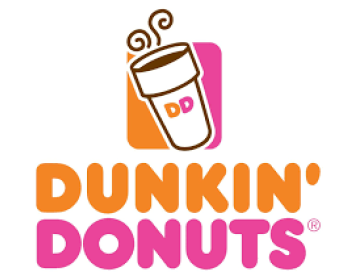
States of Dunkin' Donuts restaurants
- Dunkin' Donuts in Cambridgeshire
- Dunkin' Donuts in Essex
- Dunkin' Donuts in Greater London
- Dunkin' Donuts in Hertfordshire
- Dunkin' Donuts in West Midlands






